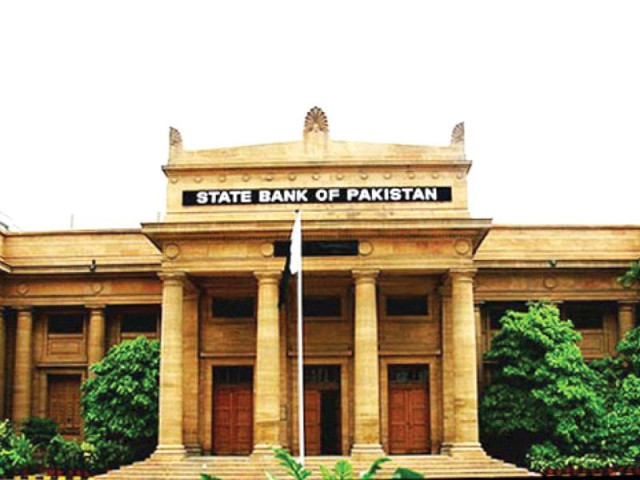Govt mulling regulatory checks on e-commerce
Commerce and IT ministries tasked with formulating policy framework

State Bank of Pakistan
PHOTO: EXPRESS
The past few years have seen a rapid increase in e-commerce platforms for online shopping. In this regard, the ministries of commerce and information technology and telecommunication were formulating a national e-commerce policy framework for digital trade in the country, the sources said.
Commerce minister suggests 25% luxury tax
Parameters of a legal framework for regularisation of the sector include enactment of a national law on consumer protection specifying rights, obligations, liabilities, penalties for both sellers and consumers and enactment of privacy and data protection laws including provisions for e-transaction to enable e-contracts.
They also highlighted amendments in foreign exchange regulations of the State Bank of Pakistan (SBP) to facilitate cross-border electronic transactions, establishment of a dispute resolution mechanism for e-commerce and formulation of licensing requirements for establishing and operating e-commerce businesses, as possible steps the government might take.
When asked, the officials said steps were being taken for the promotion of e-commerce and online shopping in the country, adding two national workshops and several meetings of working groups had been held so far to sensitise relevant stakeholders about formulation of the framework.
Corporate Corner: Commerce minister appreciates SLIC
Recommendations of the working groups would form the basis of the proposed national e-commerce policy framework. Moreover, the SBP has issued various regulations to provide protection and rules for payment system operators and payment service providers under the Electronic Fund Transfers Act 2007 have been framed.
The sources said currently, the mechanisms in place to provide protection to consumers included Prevention of Electronic Crimes Act 2016 while Electronic Transaction Ordinance 2002 provided for recognition and facilitation of documents, records, information, communications and transactions in electronic form and accreditation of certificates.
Published in The Express Tribune, November 7th, 2017.
Like Business on Facebook, follow @TribuneBiz on Twitter to stay informed and join in the conversation.



















COMMENTS
Comments are moderated and generally will be posted if they are on-topic and not abusive.
For more information, please see our Comments FAQ